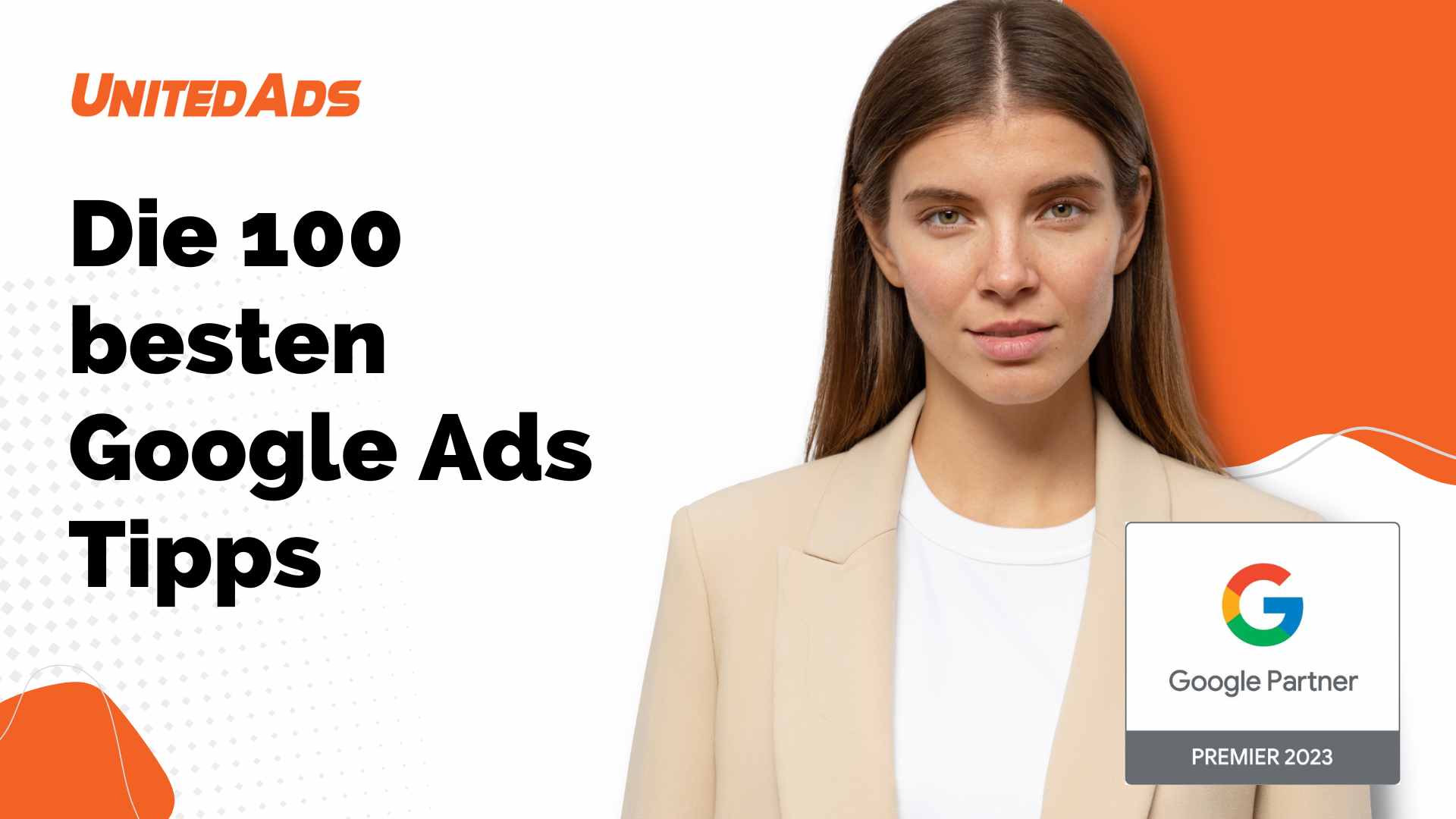 The Future of AI and Google Advertising
The Future of AI and Google Advertising
Artificial intelligence (AI) is revolutionizing the way we interact with technology, and it’s no surprise that it’s making a significant impact on Google, including SEO and Google Ads. In a recent article by Anna Crowe in Search Engine Land, she explored the impact of generative AI on SEO. While her article focused on SEO, I want to delve into how AI is affecting Google advertising, both now and in the future.
One of the most startling findings in Crowe’s article is that AI is increasing Google search volume, but organic listings aren’t benefiting from that increase. Crowe estimates that search volume is up six times searches per day, thanks to AI, yet AI is leading to a 60% decrease in average click-through rates (CTR). This decrease in CTR could result in a 30% reduction in organic traffic. As Crowe puts it, “Every single website is going to feel the pain.”
Why aren’t organic listings benefiting from increased search volume? The answer lies in the introduction of AI Overviews on search engine results pages (SERPs). These AI Overviews push organic results further down the page, causing them to fall below the fold. As a result, traffic to these sites is dropping.
However, the situation is quite different for advertisers. Crowe reports that we will start seeing ad placements above AI Overviews, putting them at the top of SERPs. This prime placement of ads on SERPs isn’t surprising, considering advertising is a significant revenue source for Google. It’s also possible that the “cards” containing organic links at the bottom of AI Overviews might someday be replaced with ads.
With these changes, two questions arise for Google advertising professionals: Will businesses increase their Google Ads budgets to take advantage of these new opportunities? And will businesses that have heavily invested in SEO shift some of their budgets to Google advertising?
Another potential impact of AI on Google advertising is the cost-per-click (CPC). Crowe speculates that we may see a drop in CPCs with these additional ad placements. However, high CPCs have always been a pain point for advertisers, and even if they decrease, they might not manifest in search campaigns.
Despite the decline in standalone keyword targeting in recent years, keywords might be making a comeback. If organic traffic drops as suggested, search ads have the opportunity to capture that drop. Additionally, Google recently announced improvements to search ads query matching and brand controls, giving keywords a second life.
What does all of this mean for Google advertisers? To be successful, you need to master all aspects of your Google Ads program, from Search to Performance Max to Display ads and more. It’s crucial to integrate all targeting options, ad formats, and campaign types to achieve peak performance.
Here are six recommendations to stay ahead of the AI curve:
1. Stay current on match types: Broad match is no longer what it used to be. Today’s broad match uses contextual signals and other factors to understand intent.
2. Stay current on Google campaign formats: AI-driven campaigns like Performance Max are here to stay. Consider adding Performance Max to your campaign mix and understand how it interacts with your current search keyword-targeted campaigns.
3. Find the best combination of keyword match types and campaign types: Your best-performing combination might include Performance Max or not. Test different combinations to find what works best for your Google Ads program.
4. Don’t copy and paste strategies: Strategies that work well in one account may not work well in another. Each account is unique, and it’s essential to tailor your strategies accordingly.
5. Invest in original, high-quality content: Google is facing an indexing crisis, and AI-generated content is on the rise. To get your content seen by Google, focus on creating content based on experience and opinion.
6. Remember, you are a marketer first: Align your advertising efforts with your business and marketing goals. Strip things down and laser-focus on achieving those goals.
Despite the changes brought about by AI, your website won’t become obsolete anytime soon. Users still need to visit your site to engage with you and learn more about your products or services. However, it’s crucial to ensure that your website is well-designed and has high-quality content to engage and convert leads.
The impact of AI on Google Ads is just the beginning. AI will continue to evolve, and how people use it will evolve along with it. As the landscape changes, it’s important for advertisers to adapt and stay ahead of the curve. By mastering all aspects of their Google Ads program and keeping up with the latest developments, advertisers can continue to leverage the power of AI in their advertising efforts.
